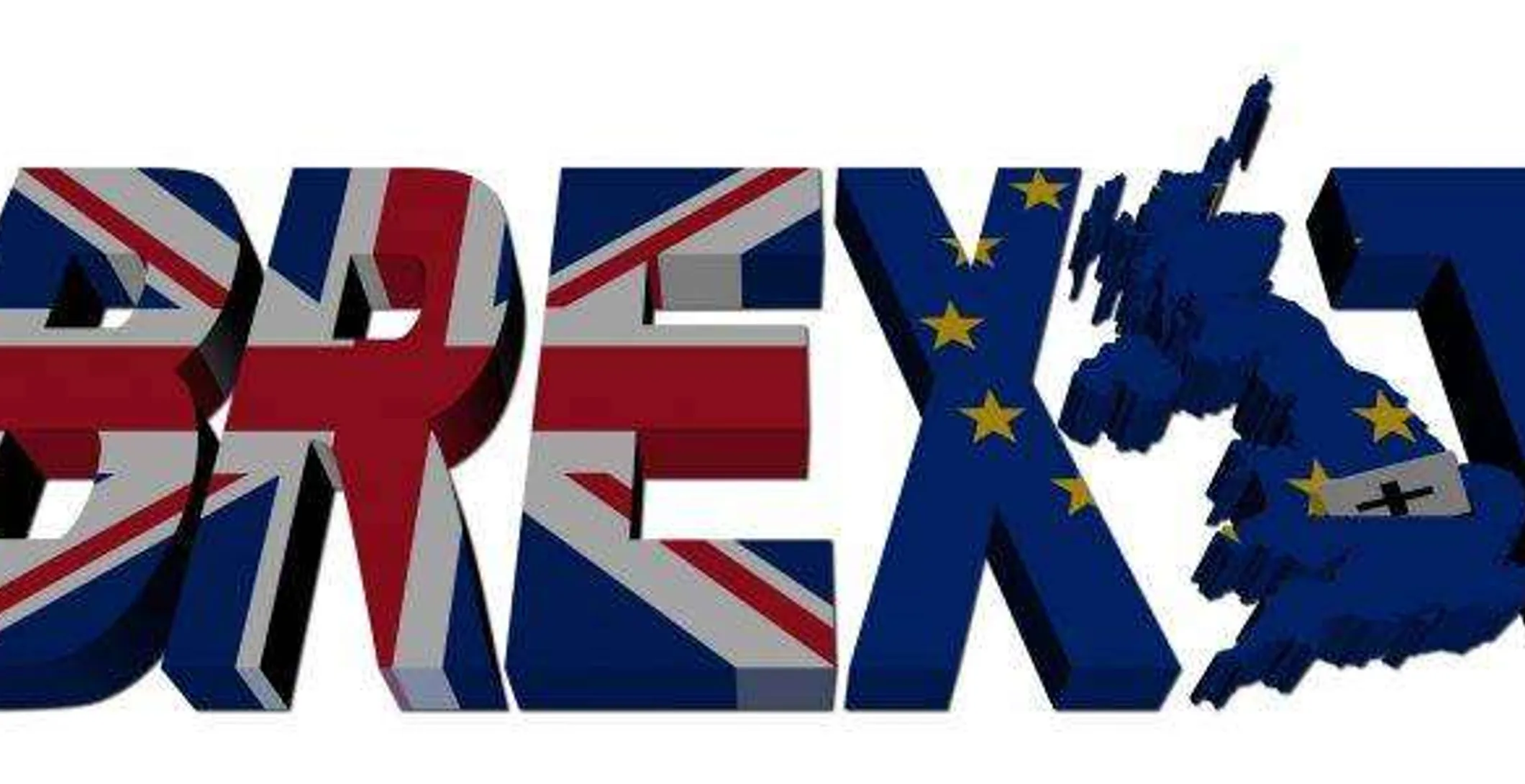Surprising many who did not expect it, the UK has elected to exit the European Union. While the Brits (Scotland and Northern Island voted to remain but are now bound to go with the Brits) are now wondering whether they actually made a mistake since it seems not even the ones who voted for Brexit believed it will not really happen, the reality is the European Union both online and offline marketplace will undergo changes.
Up until now, the UK was part of a European free-access market characterized by freedom of movement and easy shipping and delivery among all countries members of the EU.
Now that the home of some of the biggest ecommerce retailers has decided to separate itself from the rest of the Europe, this will have a direct economical as well trade market impact both on the UK and on each one of the EU countries.
The question is, how will it affect ecommerce across Europe in the long run? Here are some initial predictions as shared by experts in economy and commerce.

Products sold in other currencies now more expensive to UK consumers
In the first days following Brexit, the pound has dropped to its lowest value in the last 31 years. This means that those who sell for example in US dollars will see their products being more expensive for UK consumers as the exchange rate between dollars and pounds has seen dollars' value rising.

The UK will spend less outside its countries
According to a 2015 Payvision study, the Brits are the most likely to shop on websites pertaining to other countries like the US. The same study tells us that among all the questioned Brits, about 54% of them have purchased at least once on a foreign website. With the pound loosing value, less and less Brits will spend cross-border while EU consumers will be able to buy products from British commerce websites at a cheaper rate as long as they pay in other currencies. However, the next prediction may make things more difficult for consumers wanting to purchase services and products from UK websites.

The UK marketplace may become way more difficult to penetrate
Now that the UK is to leave the EU, they have up to 2 years to do it according to the article 50 of the Lisbon Treaty that deals with the matter of a country electing not to be a member of the EU anymore. This means, among other things, that the UK will have to leave the free-trade zone that is granted to all EU countries. As a consequence, it will be more difficult to reach UK consumers as sales and shipping of products and services will be regulated differently and under different regulations pertaining solely to the UK.
Online ads and marketing will see no changes
On a positive note, targeting UK consumers through online ads and digital marketing will not change as intangible goods fall out of any EU tariffs. Now that is good news for all the EU digital marketeers out there.
Anything else positive about Brexit?
One of the things that many EU market development strategists have been smiling about is the likelihood that foreign companies will now transfer their UK offices somewhere else in Europe and that is of course great for other EU members' economies.

As much as these predictions are very likely to happen, right now it seems that the UK has entered a grey zone of "now what?". What is very clear is the unclear path that this country has yet to take to minimise the negative effects of such a historical decision as Brexit is. As this is the first country to leave the EU in more than 20 years (if we count Greenland and Algeria who once were part of the EU as territories of respectively Denmark and France), it opened an uncharted territory both for UK commerce as well as global commerce which certainly had a big piece of pie in selling to UK consumers.




